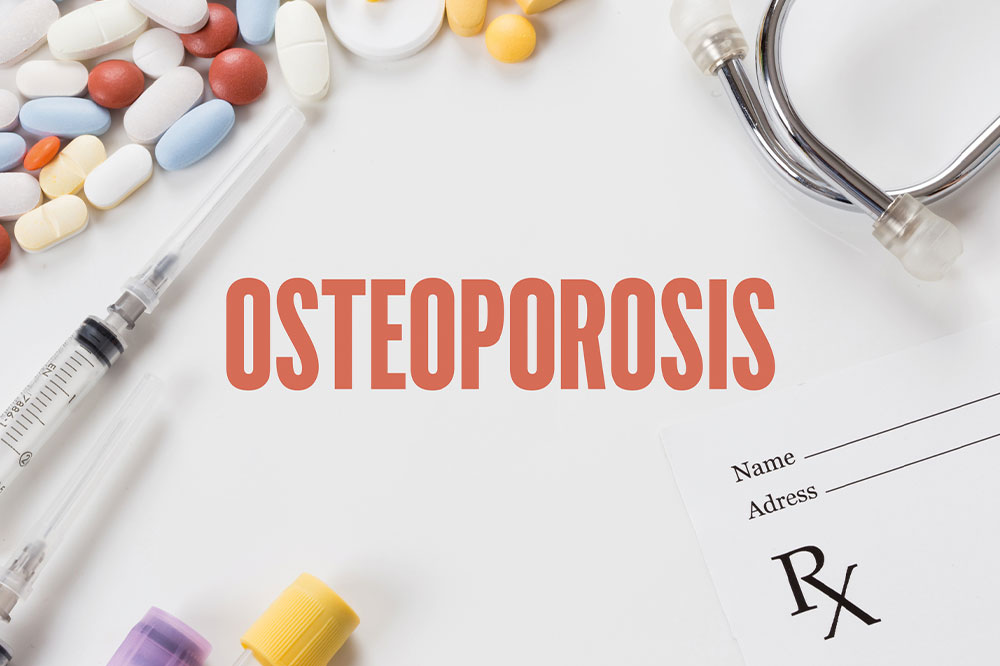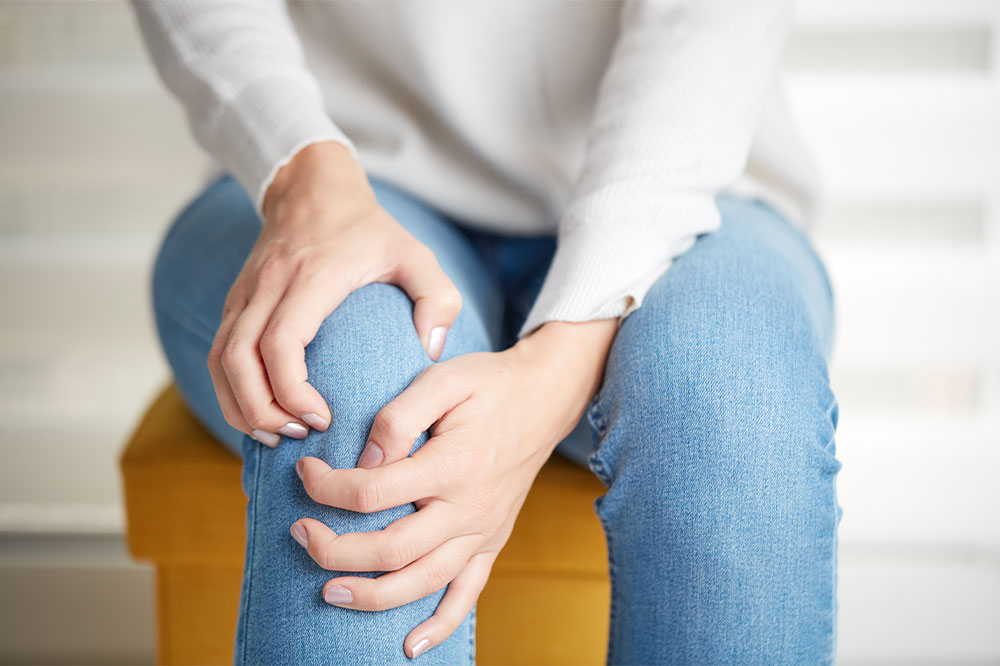12 supplements that help improve bone density

Bones are the building blocks of the human body, providing it with a framework, supporting its movement, helping it store minerals, and protecting the organs. Here, bone density plays a key role in maintaining bone strength and preventing bone diseases. Low bone density indicates brittleness, which may eventually lead to health conditions like osteopenia and osteoporosis. Nevertheless, nutrition-based changes, like taking vitamin and mineral supplements, can help improve bone density and keep diseases at bay.
1. Calcium
Calcium constitutes a major part of bone tissues and can help strengthen bones. While dairy products are major food sources of calcium, those with lactose intolerance may have to avoid dairy, which may reduce calcium intake and lower bone density. Today, several calcium supplements are available in the market. One can consult a nutritionist or doctor before opting for these products.
2. Vitamin D
Vitamin D is an essential nutrient responsible for the absorption of calcium in the body. In fact, studies have shown that without adequate intake of vitamin D, the body absorbs only 10–15% of calcium derived from foods. Sunlight is a major source of vitamin D, so optimal exposure to sunlight is essential to increase vitamin D levels in the body.







